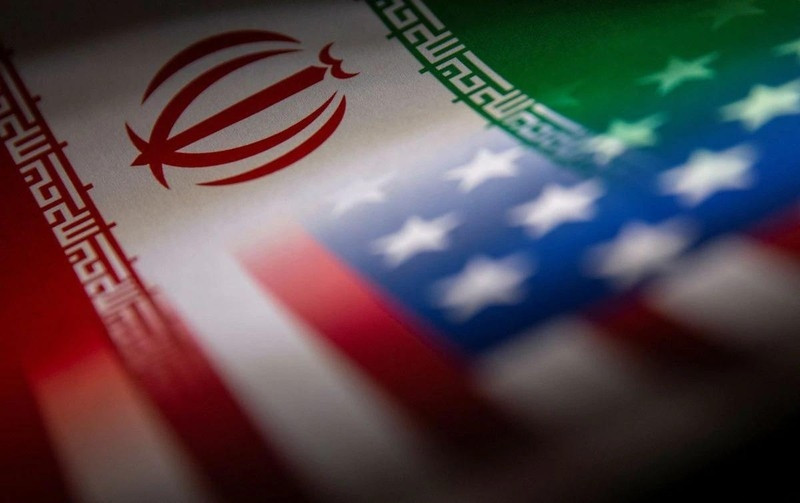However, Washington believes that possible issues have been discussed and Tehran's demands are unacceptable. The negotiations are in the decisive stage but are still faltering before the “red lines” set by the parties.
The eighth round of negotiations on the restoration of the Iran nuclear deal, formally known as the Joint Comprehensive Plan of Action (JCPOA), signed by Iran with the US, UK, France, China, Russia and Germany in July 2015, resumed in Vienna (Austria) on August 4 following a period of stagnation since March. On August 8, European Union (EU) mediators presented the final draft of the agreement, which recommends the steps needed to lift sanctions and restore the JCPOA.
Iran announced that it has sent a written response to the EU's final draft on the restoration of the JCPOA, which emphasises that if the US shows flexibility and practicality, the agreement can be signed.
Iranian Foreign Minister Hossein Amir Abdollahian said that the nuclear negotiations in Vienna could enter a new phase if the US side’s response provides assurances for economic interests and respects Iran’s “red lines”.
Iran has the will and seriousness to reach a “good and lasting” agreement, but only if the parties reach consensus on all aspects, the Iranian Foreign Minister said, emphasising that Iran’s “red lines” should be respected and, like Washington, Tehran has a “plan B” if negotiations fail.
However, the US side continues to answer with tough statements. Spokesperson for the US Department of State Ned Price said the US has no plans to ease the enforcement of sanctions against Iran, including those targeting Iran’s Islamic Revolutionary Guard Corps (IRGC).
According to the US diplomat, if the IRGC sanctions are to be lifted, it is Iran that needs to change its behaviour. He added that Washington believes that negotiable issues have been negotiated. The only way back to the JCPOA is for Iran to give up what the US considers “unacceptable” because it goes beyond the scope of the nuclear deal.
According to a spokesman for the High Representative of the Union for Foreign Affairs and Security Policy and the coordinator of negotiations on the Iran nuclear deal, the EU is studying Iran’s response to the EU proposal and is in consultation with the parties on the way forward.
However, the EU did not detail Tehran’s response. Meanwhile, the spokesperson for the US Department of State said Washington would give an answer to the EU, but did not give a specific time.
The EU representative emphasised that the draft agreement that mediators are promoting may not be perfect and does not meet all the requirements of the parties, but it does solve the core problems, especially the compromises that the parties can reach.
The EU warned that the draft, if rejected, would lead to the risk of a dangerous nuclear crisis, leaving Iran increasingly isolated. Therefore, the common responsibility at this time is to sign the agreement soon, because negotiations cannot last indefinitely and the patience of the parties is limited.
















